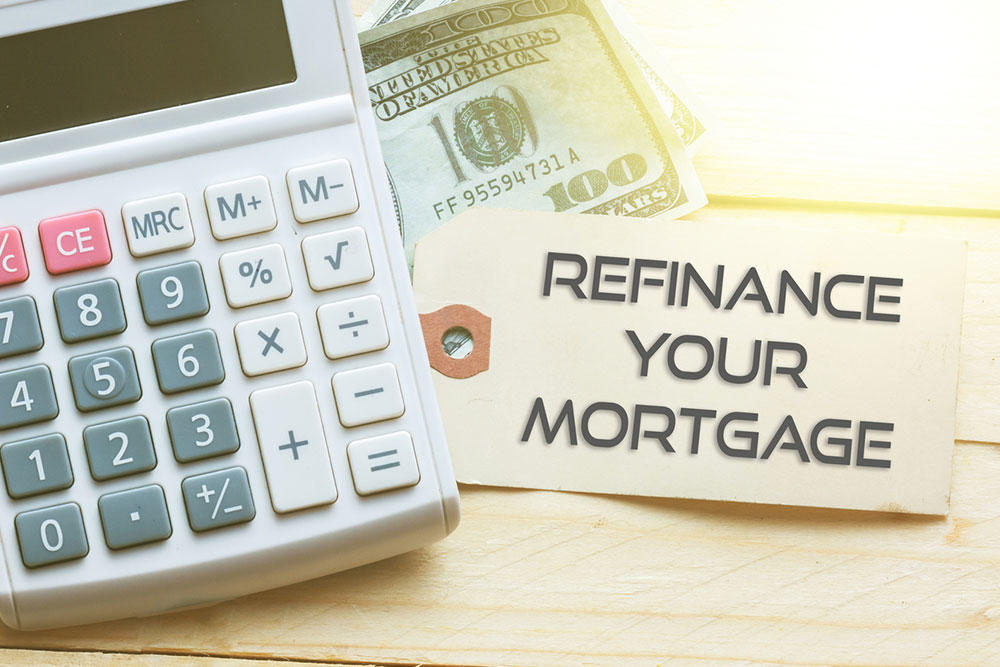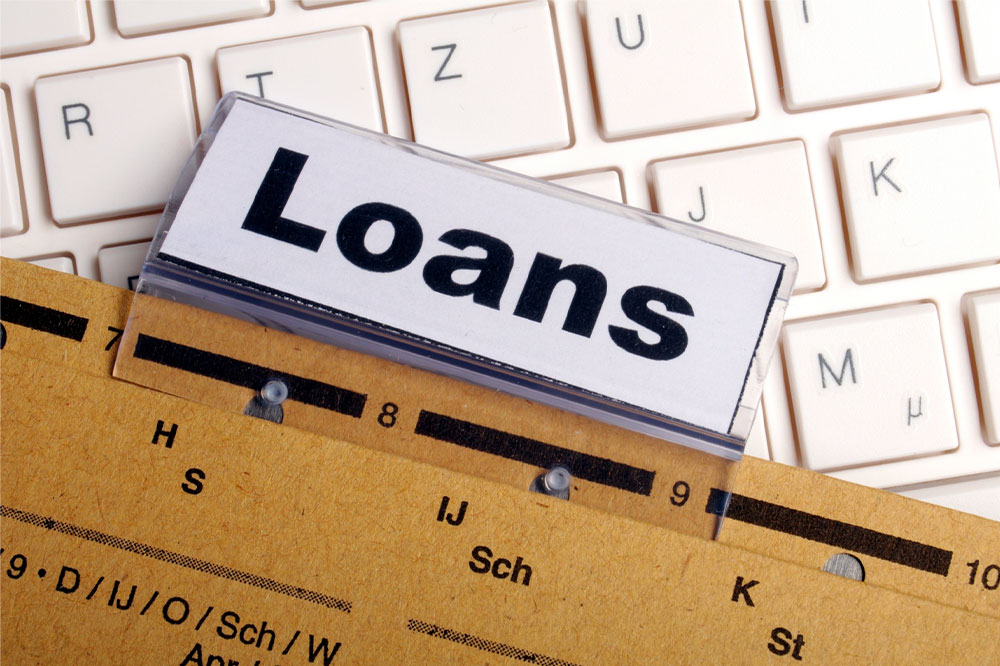8 reasons to choose mortgage refinancing

Mortgage refinancing is the act of trading an old mortgage for a new and revised one, likely with a new balance. It is essentially a way of optimizing one’s finances. Refinancing can be of two major types – rate-and-term refinance and cash-out refinance. It typically costs around 3-6% of the loan’s principal, along with an appraisal, title search, application fees, and more. Individuals may have numerous reasons why they choose to refinance their mortgages.
Lowered monthly payments
There are three reasons why people may opt in for lower monthly payments:
Interest rates fluctuate significantly through the years. If the rate has dropped by a decent margin, one may be interested in having their loan terms re-adjusted. This can help lower one’s monthly payments and reduce expenditure over the entire term of the loan.
In the last few years, many people have also witnessed mass layoffs, which have impacted their ability to repay their mortgage loans. In such cases, opting for refinancing can help bring down the monthly payments by increasing the length of the loan term.
If a major chunk of the mortgage has been paid off and/or the home’s value has increased, the loan-to-value ratio (LTV) will reduce. This makes the home low-risk for the vendor, who may allow refinancing for lower monthly payments.







